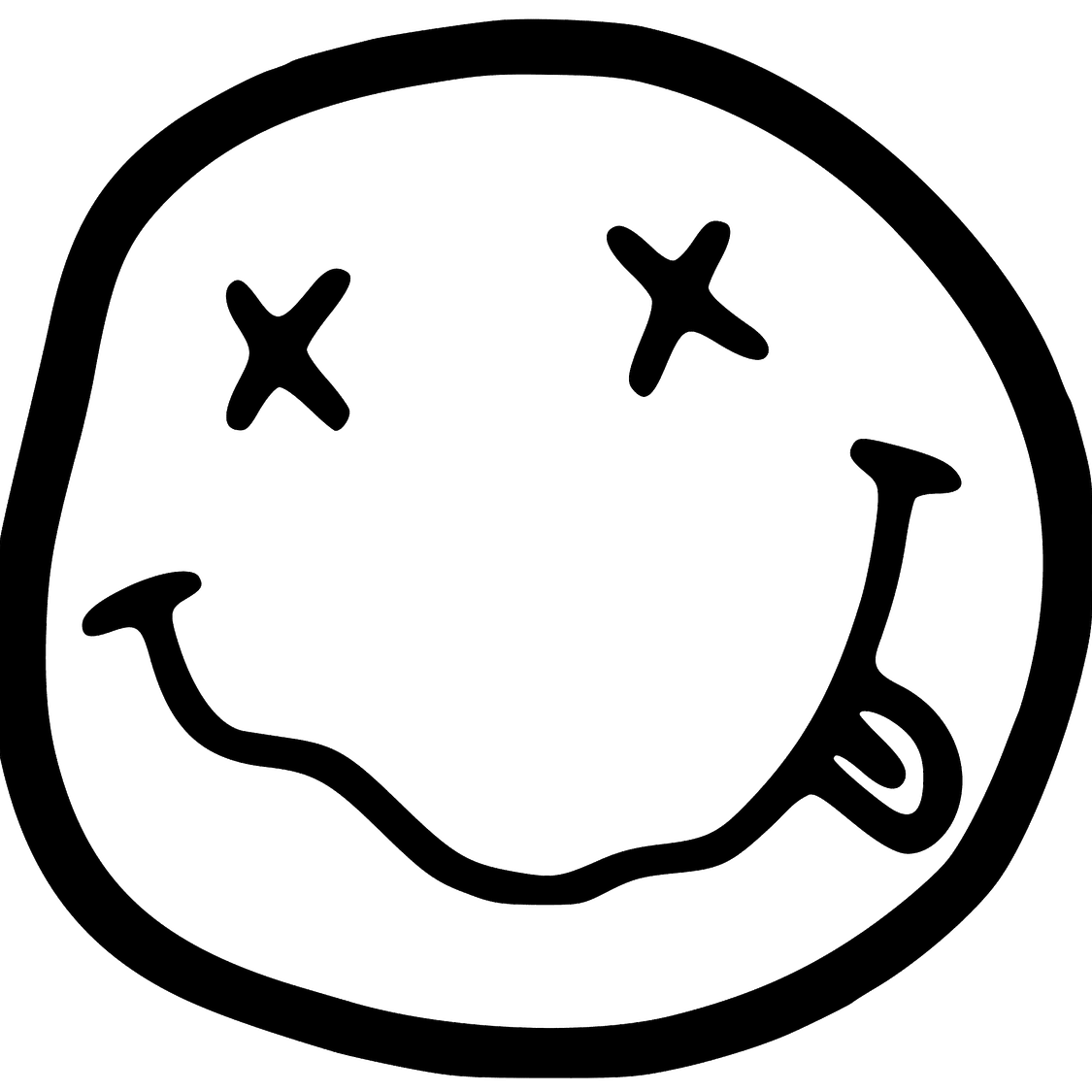What are the 5 theories of aging?
Some of the more commonly discussed theories and their relation to ageing are summarised below:
- Disengagement Theory.
- Activity Theory.
- The Neuroendocrine Theory.
- The Free Radical Theory.
- The Membrane Theory of Aging.
- The Decline Theory.
- The Cross-Linking Theory.
What are the three major theories of aging?
Three major psychosocial theories of aging—activity theory, disengagement theory, and continuity theory—are summarized and evaluated.
What are the 7 pillars of aging?
They also identify “seven pillars” of aging, intertwined processes driving the aging process. They are: adaption to stress, epigenetics, inflammation, macromolecular damage, metabolism, proteostasis, and stem cells and regeneration. Through study of these processes, experts hope to find ways to slow down aging.
What are the theories of aging nursing?
The biologic theories can be subdivided into two main divisions: stochastic and nonstochastic. Stochastic theories explain aging as events that occur randomly and accumulate over time, whereas nonstochastic theories view aging as certain predetermined, timed phenomena (Box 2–2).
What are the 4 Ageotypes?
Four of a kind. Just because an individual falls into one or more of the four ageotypes — metabolic, immune, hepatic and nephrotic — doesn’t mean that they’re not also aging along the other biological pathways, Snyder said. The ageotype signifies the pathways in which increases in aging biomarkers are most pronounced.
What are the aging theories explain briefly?
There are several error theories of aging: Wear and tear theory asserts that cells and tissues simply wear out. Rate of living theory is the idea that the faster an organism uses oxygen, the shorter it lives. Cross-linking theory states that cross-linked proteins accumulate and slow down the body’s processes.
What are the two main theories of aging?
Modern biological theories of aging in humans fall into two main categories: programmed and damage or error theories.
What is the best theory of aging?
The most widely accepted overall theory of aging is the evolutionary senescence theory of aging. Unlike the earlier programmed theory of evolution and aging, which tried to findreasonswhyevolutionmight favor aging, evolutionary senes- cence theory focuses on the failure of natural selection to affect late- life traits.
What are the 9 hallmarks of aging?
The scheme enumerates the nine hallmarks described in this review: genomic instability, telomere attrition, epigenetic alterations, loss of proteostasis, deregulated nutrient-sensing, mitochondrial dysfunction, cellular senescence, stem cell exhaustion, and altered intercellular communication.
What is the aging theory?
What are the 4 stages of aging?
Cohen’s Four Stages of Maturity
- Phase I—Midlife Reevaluation (ages mid-30s to mid-60s) Phase I is a period of quest more than crisis.
- Phase II—Liberation (ages late 50s into the 70s)
- Phase III—Summing Up (ages late 60s through 80s)
- Phase IV—Final Phase, Encore (ages the late 70s until the end of life)
What are the different theories of aging?
What was Grant Ward’s childhood like?
Grant Douglas Ward grew up in Massachusetts and had a difficult childhood. He had an abusive older brother who would frequently force Ward to beat up his younger brother. His parents were even worse.
What did Grant Ward do in 2008?
In 2008, Ward saw action in Georgia during a rebel uprising. He made several contacts along the South Ossetian border during this time, including Uri Dubrovsky. “Something turns up like this Chitauri Neural Link. we get to it before someone bad does.” “Any idea who Vanchat was planning to sell it to?” ―Grant Ward and Maria Hill [src]
What happened to Grant Ward’s older brother?
While on Maveth, he was finally killed by Phil Coulson, but his corpse was taken as a vessel by Hive and brought back to Earth. “My older brother, he didn’t beat up my younger brother. He was crueler than that. He made me do it, and I let him. I was afraid.” “What about your parents?” “They were worse.” ―Grant Ward and Skye [src]
Does Grant Ward become a full-fledged agent?
―Grant Ward to Phil Coulson [src] After proving his worth, Ward became a full-fledged agent, rising through the ranks under Garrett’s tutelage and supervision. Deputy Director Maria Hill gave Ward top marks in combat and the highest espionage rating since Natasha Romanoff, giving him low marks only in his people skills.
